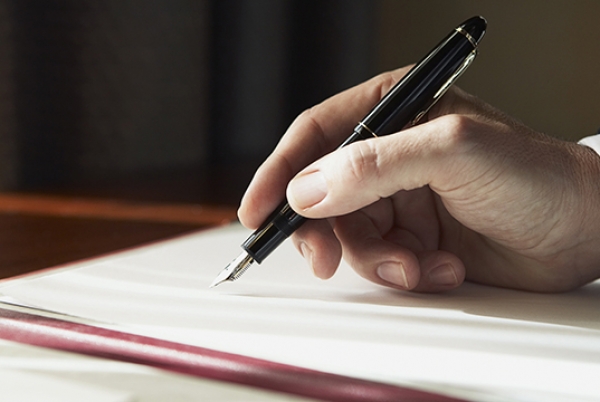The greatness of Lebanon
Much has been written about the greatness of Lebanon, its ancient cities, its historic cedars, its beaches and mountains. The question however, is: Has this generation, or even the last several generations, contributed anything to this greatness? And if not, how can we be proud of something we have not built, have not contributed to, or even preserved? Have we in any way honored or respected that greatness, except in words?
Yes, we can boast of our accomplishments in what is commonly referred to as the ‘march towards reconstruction and development’. We can talk about the ‘success’ of our banking sector, about Solidere’s transformation of Beirut’s Central District, about our thriving cement industry or the profitability of our merchants. But, are those really success stories?
Take cement, our prime natural resource. We ban import of cement and sell the local product at 30% higher than the international market price. This has cost the Lebanese consumer $900 million in ten years. And we brag about ‘Made in Lebanon’ products! Meanwhile, we disfigure our beautiful mountains by the indiscriminate quarrying for limestone. Then there are the exclusive agencies for cars, food and other consumer products, which are monopolized by a few who often fail to deliver proper service, or recall faulty products, or exchange defective ones. And we continue to speak with pride about the ‘cunning Lebanese trader’.
Moreover, can the banks and the private sector talk about success, when we all know they have made a deal with the political class and funded an inefficient public sector that has created a debt of $33 billion (of which 70% represents interest)? We hear about the clerics and sheikhs who interfere in politics and the politicians who manipulate religion, and the stories about both dominate more than 35% of the media. Doesn’t all this diminish the inherent greatness of Lebanon?
But the truth is that Lebanon is great. And its greatness must certainly lie in its ability to sustain itself under such adverse conditions. Yes, greatness and success can be found around us, although the media rarely chooses to portray it. Consider these real, but modest signs of success and greatness:
• Judge Abdel Baset Ghandour, engineer Ibrahim Abdul A’al All, Hassan Chalak and hundreds of other public servants who tirelessly worked for decades with diligence and integrity, yet were never appreciated.
• Abou Abed Itani, working in his bicycle rental shop facing Sanayeh, since 1934, and now followed by his son, Khaled.
• The Marroush and Spaghetteria restaurants, around before the war and still surviving.
• Abou Ghassan’s restaurant, that delivers the ”catch of the day”, hunted by father and sons and prepared by the mother.
• Zakia Samrout, farming her arid land with her family.
• A public school teacher checking on his students at their homes in winter and turning farmer in the spring and summer to make a living.
• Abou Yousef, the 70-year-old salesman of elastic slippers, carrying his wooden box across the Metn area, shouting “Lasteek” (elastic).
• Ali Rammal, selling newspapers for 40 years without fail.
With more people like them – professionals, young entrepreneurs, educators and those in the shrinking middle class – Lebanon will always be great.
Jawad Adra








Leave A Comment